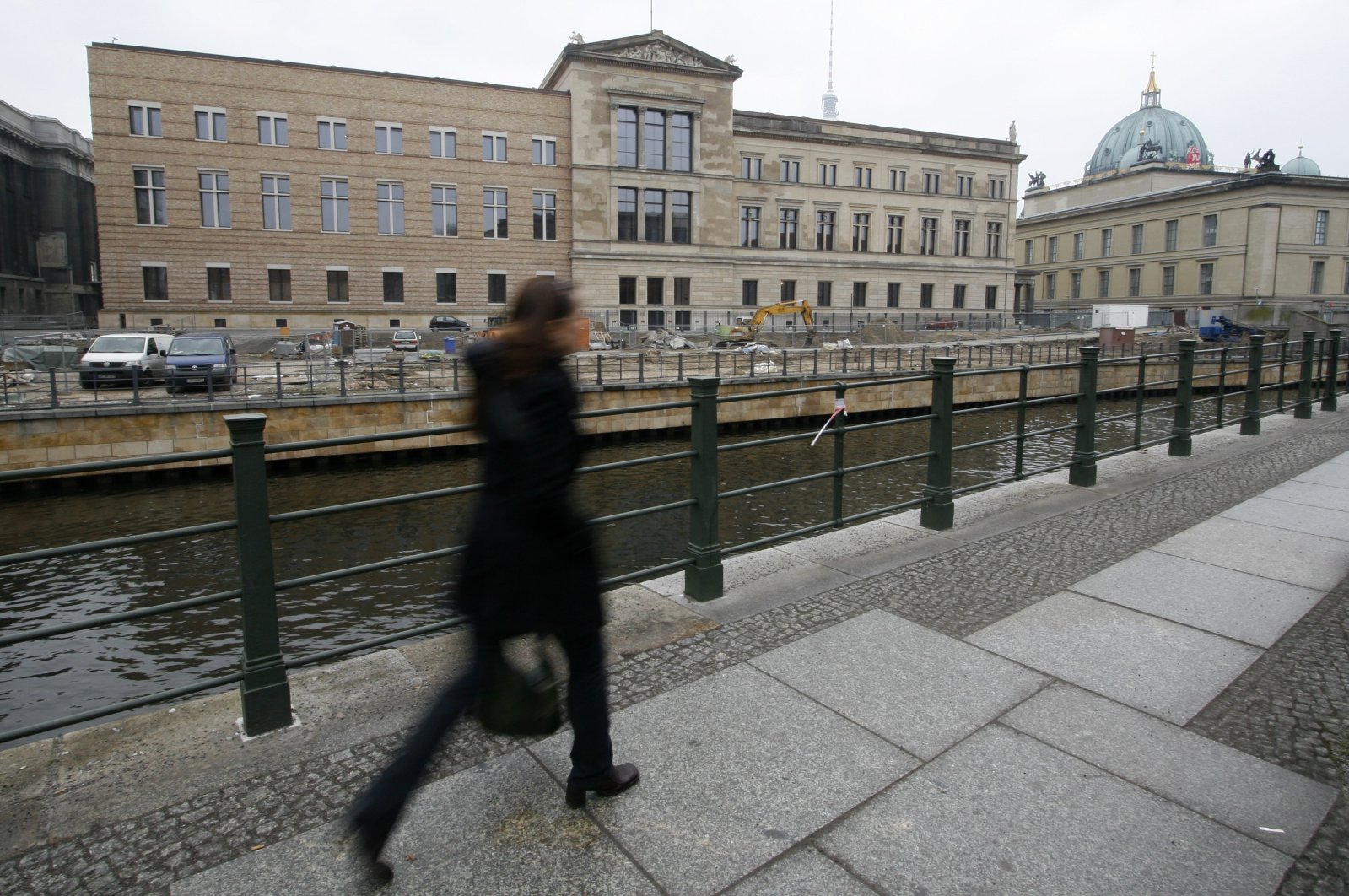
Universities and Museums in Germany currently possess around 17,000 items of human remains from the colonial period, a report said Friday.
The figure is an estimate, and the true figure could be higher, the contact point said. The collections were made in the years from around 1750 onwards.
It based its findings on surveying 33 institutions with relevant collections of human remains in anthropological, anatomical, medical historical, ethnological and palaeontological collections.
The human remains originate from all over the world. The geographical origin of 46% can no longer be traced. An estimated 71% of the items that can be traced derive from Africa or Oceania.
Around half the items can be accessed digitally.
"The issue of dealing with human remains from colonial contexts is sensitive. The significance and handling of the deceased is anchored in ethical values and the world views of the communities of origin," the contact point wrote in a statement.
"What is important is respectful contact with the descendants," it added.
Results and deductions needed to be discussed with experts from the countries of origin, with a concept developed on how to proceed further, including so-called "re-humanization" of human remains, so that they are allowed dignity and respect again, it said.
Ethical standards for continued retention should also be arrived at. Methods for analyzing the origin and the opportunities for and limits of provenance research are also to be decided. It said that decisions needed to be taken on remains whose origins could not be uncovered.
Lower Saxony Culture Minister Falko Mohrs said that museums and collections had special responsibility arising from Germany's colonial past. "Dealing with human remains from a colonial context in Germany was often questionable in the past. We now have the chance to improve it," Mohrs said.
A cultural spokesperson for Germany's 16 states, Markus Hilgert, saw the report as making "an important contribution to processing one of the darkest chapters of German scientific and institutional history." German institutions faced "huge challenges," he said.
Katja Keul, a minister in the Foreign Ministry, said descendants wanted "greater transparency and information on the whereabouts of their ancestors." Specifically, this meant burying their ancestors where they had lived, she said.
Federal Culture Commissioner Claudia Roth said she believed that human remains from the colonial context did not belong in museums or collections.
"Finding an appropriate way to deal with them and developing measures to return them to the countries of origin are part of the processing of German colonial history," she said.
